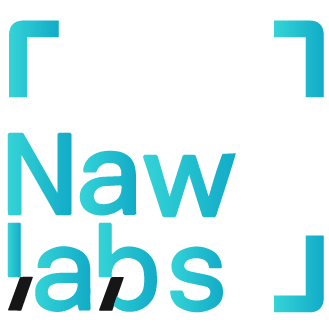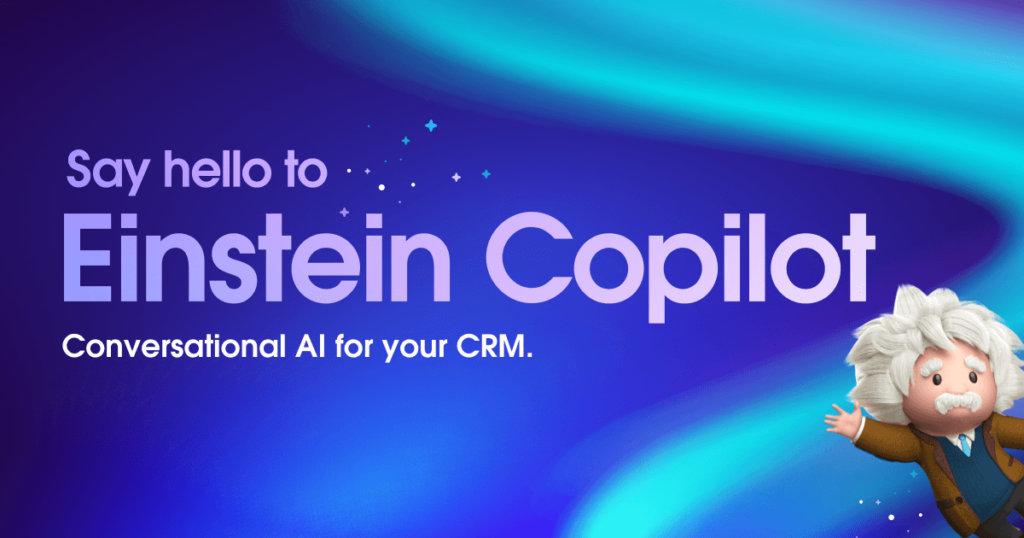How Salesforce Helps Non-Profit Organizations
In the world of nonprofits, where every penny counts, efficiency and effectiveness are key. One tool that’s been making a big impact in this space is Salesforce. With its powerful features and flexibility, Salesforce offers a range of tools for nonprofits.
This post will explore how Salesforce can be a game-changer for non-profits, from managing donor relationships to simplifying operations and achieving their mission.
Why Non-Profit Organizations Need a CRM
Nonprofits face Organizations unique challenges. Unlike for-profit businesses, their focus isn’t on making money but on making an impact. This involves managing numerous donors, volunteers, and beneficiaries, all while keeping track of multiple campaigns and events.
A Customer Relationship Management (CRM) system like Salesforce can be a key tool in navigating this complexity.
Donor Management
Tracking Donations
One of the primary functions of a CRM for nonprofits is managing donor relationships. Salesforce has various tools to help non-profits keep track of who their donors are, what they’ve given, and how they’ve engaged with the organization.
Salesforce allows non-profits to track every donation, including amount, date, and donor details. This information is crucial for understanding donor behavior and planning future campaigns. With all this data in one place, nonprofits can quickly generate reports and analyze trends.
Donor Engagement
Beyond just tracking donations, Salesforce helps nonprofits engage with their donors. The platform includes tools to segment donors based on their giving history and preferences. This segmentation allows non-profits to tailor their communications and outreach more effectively.
Streamlining Operations
Non-profits often juggle multiple tasks and responsibilities, from managing events to coordinating volunteer efforts. Salesforce can help streamline these operations, making it easier for organizations to stay organized and focused on their mission.
Event Management
Organizing events is a significant part of non-profit work. Whether it’s a fundraiser, a community outreach program, or a volunteer training session, events require meticulous planning and coordination.
Salesforce’s event management tools help nonprofits track event details, manage registrations, and monitor attendance. By integrating event management with donor and volunteer data, nonprofits can ensure smoother execution and better follow-up.
Volunteer Coordination
Volunteers are the backbone of many non-profit organizations. Salesforce provides tools to manage volunteer information, including scheduling shifts, tracking hours, and communicating with volunteers.
This helps non-profits ensure that they have the right number of volunteers for each task and that volunteers are engaged and satisfied with their experience.
Task Automation
Salesforce’s automation capabilities can significantly reduce the administrative burden on non-profit staff. For example, routine tasks such as sending acknowledgement emails or generating reports can be automated.
This frees up time for staff to focus on more strategic activities that drive the organization’s mission forward.
Enhancing Fundraising Efforts
Fundraising is a critical aspect of any non-profit organization’s operations. Salesforce offers a range of tools to help non-profits plan, execute, and analyze their fundraising campaigns.
Campaign Management
Salesforce’s campaign management features allow nonprofits to track the progress of their fundraising efforts. Organizations can create and manage campaigns, track donations, and measure the effectiveness of different fundraising strategies.
By analyzing campaign performance, nonprofits can identify what works and make data-driven decisions for future campaigns.
Grant Management
Many nonprofits Organizations rely on grants as a significant source of funding. Salesforce helps manage grant applications and track grant progress.
The platform can store information on grant deadlines, requirements, and reporting obligations, ensuring that nonprofits Organizations stay on top of their grant-related activities.
Reporting and Analytics
Salesforce’s reporting and analytics tools give nonprofits visibility into their fundraising performance. Organizations can generate reports on donor activity, campaign performance, and overall financials.
These insights help non-profits understand their fundraising efforts and make informed decisions on where to focus their resources.
Improving Communication and Collaboration
Effective communication and collaboration are key for any non-profit. Salesforce enables this by providing tools for both internal and external communication.
Internal Communication
Salesforce’s collaboration tools, like Chatter, allow non-profit staff to communicate and share information easily.
Whether discussing a new campaign or coordinating event details, Chatter keeps everyone in the loop. This enhances teamwork and ensures that all staff are aligned with the organization’s goals.
External Communication
Salesforce also facilitates external communication with donors, volunteers, and beneficiaries. The platform’s email marketing tools allow nonprofits to create and send personalized messages to their contacts.
By segmenting their audience and personalizing their communications, nonprofits Organizations can increase engagement and build stronger relationships with their supporters.
Customizing Salesforce for Non-Profit Needs
One of the best aspects of Salesforce is its customizability. Nonprofits Organizations can tailor the platform to suit their specific needs.
Custom Fields and Objects
Salesforce allows non-profits to create custom fields and objects to capture the data that’s most important to their organization.
For example, a non-profit focused on animal welfare might create custom fields to track the details of rescued animals. This customization ensures that the CRM is aligned with the organization’s specific needs.
Integration with Other Tools
Non-profits often use various tools and systems to run their organizations. Salesforce can integrate with other software, such as accounting systems, email marketing platforms, and social media tools.
These integrations help create a seamless workflow and ensure that data is consistent across all systems.
Challenges and Solutions
Data Migration
Migrating data from existing systems to Salesforce can be a tricky process. It’s crucial to ensure that data is accurate and complete during the migration.
Salesforce provides tools and resources to assist with data migration, and working with a Salesforce consultant can help with the transition.
User Adoption
Introducing a new CRM may encounter resistance from staff. To overcome this, nonprofits Organizations should provide thorough training and support. Clear communication about the benefits of Salesforce and how it will make staff’s jobs easier can also help with user adoption.
Conclusion
Salesforce offers powerful tools and features that can greatly benefit non-profit organizations. By leveraging its capabilities, nonprofits Organizations can enhance their donor management, streamline operations, and improve their fundraising efforts.
While there may be challenges in implementing Salesforce, the benefits far outweigh the difficulties. With proper planning, customization, and training, nonprofits Organizations can use Salesforce to drive their mission forward and make a greater impact.





Some leaders consider business and technology objectives interchangeable, allowing one to inform the other. Those that align their information technology systems with their overall business strategy have the best chances of achieving their short- and long-term objectives.